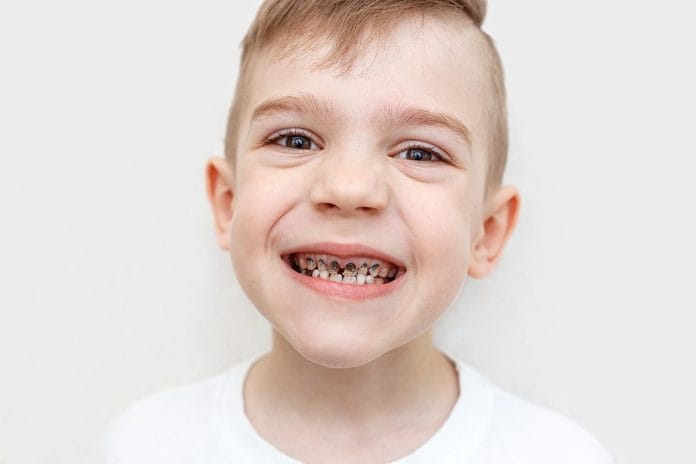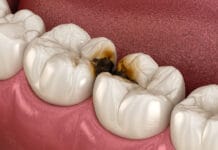A study published in Pediatrics, “Genetic and Early-Life Environmental Influences on Dental Caries Risk: A Twin Study,” revealed that a person’s genetics does not affect their chances of developing tooth decay. However, their data did suggest that young children with overweight mothers were more likely to develop cavities at a young age.
About the Dental Study
The lead researcher of the study is Mihiri J. Silva, a scientist at the Murdoch Children’s Research Institute in Parkville, Australia. Dr. Silva wanted to conduct a study to further investigate whether genetic and other environmental factors would have a significant influence on a patient’s chances of developing dental caries.
Dr. Silva collaborated with a team of people to examine the dental records of 173 sets of young twins. They collected the children’s data while the mother was pregnant (during the gestation period of 24 and 36 weeks) when they were born and at 18 months. The scientists conducted their last full dental examination when the child was six years old.
Dr. Silva also asked the pregnant mothers to fill out an extensive questionnaire at the beginning of the study. The questionnaire asked about their weight and whether they were stressed, suffered from any illnesses, or drank alcohol and smoked cigarettes during their pregnancy. It was the first study of its kind that used twins and also looked at genetics and early life risk factors, such as the mother’s overall health and lifestyle habits.
At the end of the study, the researchers observed that the identical twins showed different degrees of tooth decay. One in three of the twins studied (32.2%) experienced dental decay. Meanwhile almost one in four (24.1%) showed signs of advanced tooth decay.
Eventually, Dr. Silva came to the conclusion that a person’s genetic makeup did not affect their chances of developing tooth decay. However, the scientists did find a link between the mother’s overall health and lifestyle choices during pregnancy and their child’s future oral health. As the mother’s weight increased so did their child’s rate of tooth decay.
Dr. Silva believes their study shows that healthy oral habits and environmental factors, and not genetics, are the main contributing factors of cavity development. Ultimately, Dr. Silva thinks more research should be conducted in the future to replicate their findings.
In Conclusion
Tooth decay is a very serious problem, especially for children. Dental hygienists should educate children and their patients on why it’s important to change their lifestyle and take better care of their oral health.
Before you leave, check out the Today’s RDH self-study CE courses. All courses are peer-reviewed and non-sponsored to focus solely on high-quality education. Click here now.










